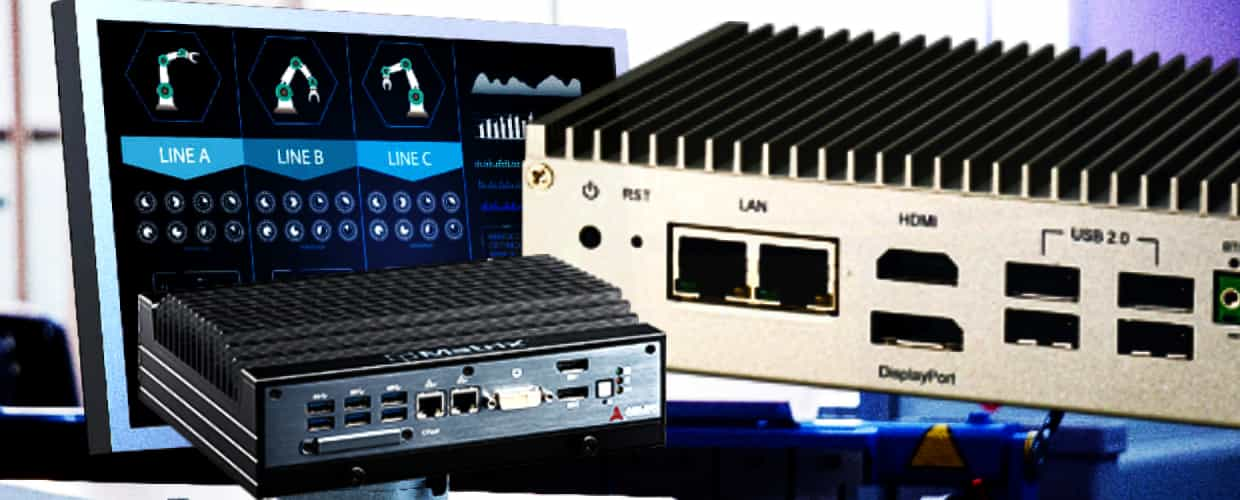Embedded PCs have become increasingly popular in recent years for some good reason. These small, compact computer systems are designed to perform specific tasks and are integrated into larger systems or devices. They have various applications, from industrial automation and control systems to medical devices and military equipment.
Advantages of Embedded PCs
One of the biggest advantages of embedded PCs is their size. These systems are small and compact, making them ideal for limited-space applications. They can be easily integrated into existing equipment or devices, which makes them a popular choice for manufacturers looking to add computing power to their products.
Another advantage of embedded systems is their durability. These systems are designed to operate in harsh environments, such as extreme temperatures or high-vibration environments. They are built to last, with ruggedized components that can withstand the rigors of industrial application.
The PCs are also highly customizable. Developers can tailor the hardware and software to meet specific requirements, which makes them ideal for applications that require specialized configurations. For example, an embedded PC used in a medical device may need certain hardware features, such as a touchscreen display or wireless connectivity.
Challenge of Embedded PCs
There are also some challenges associated with using embedded systems. One of the biggest challenges is cost. Due to their specialized hardware and software, embedded PCs can be more expensive than traditional PC systems, making them less attractive for some applications, especially those with lower budgets.
Another challenge is the complexity of integrating embedded systems into larger systems. Because these systems are designed to perform specific tasks, they may not be compatible with other systems or devices, making it difficult to integrate them into larger systems or upgrade them over time.
Applications of Embedded PCs
Embedded PCs remain a popular choice for many applications. Their small size, durability, and customizability make them ideal for various industrial, commercial, and military applications. They offer excellent performance and reliability and can be a cost-effective option for manufacturers looking to add computing power to their products.
One of the most exciting applications of embedded PCs is in the Internet of Things (IoT) field. As more devices connect to the internet, the need for small, low-power computers to process data and control devices is increasing. The PCs are ideally suited for this application, as they can be easily integrated into existing devices and communicate with other devices over the internet.
Embedded Computing market
Embedded PCs can be easily integrated into small devices or equipment, making them ideal for limited-space applications. They are also highly customizable, allowing developers to tailor the hardware and software to meet specific requirements, which makes them a popular choice for applications that require specialized hardware or software configurations, which helps to increase the market of embedded PCs.
Precedence Research said the global embedded computing market value was estimated at USD 95.8 billion in 2021. It is expected to reach around USD 165.68 billion by 2030, with the market growing at a compound annual growth rate (CAGR) of 6.28% from 2022 to 2030.
Conclusions
Embedded PCs offer several advantages for various applications. They are small, durable, and highly customizable, making them an attractive option for manufacturers looking to add computing power to their products.
While some challenges are associated with using embedded systems, their benefits far outweigh these challenges. As technology continues to evolve, embedded PCs are becoming even more important in the future.
Read: Popular Single-board Computers
ADDITIONAL NOTICE: Visit TechGolly.com to stay informed about technology news, discussions, trends, advice, opinions, directories, insights, and markets. TechGolly covers a wide range of the latest technology news, including business news, product news, stock market news, future tech news, and research news.


